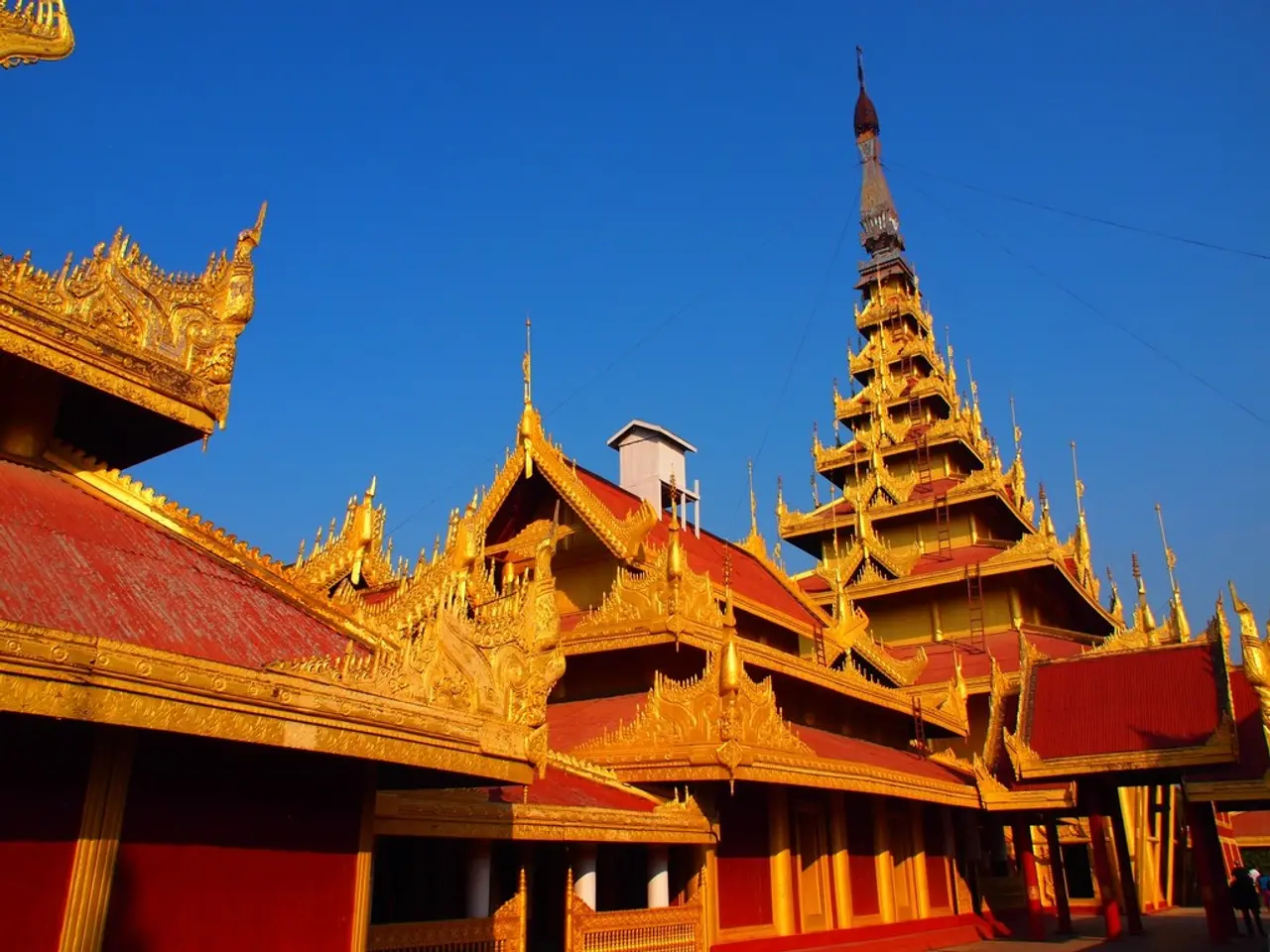A principle for democratic processes: All parties should honor the election outcomes, as advocated by Mounir Satouri.
The European Parliament's Subcommittee on Human Rights, led by Chair Mounir Satouri, recently visited Bangladesh in September 2025. The purpose of the visit was to learn about the work of the interim government in promoting good governance and advancing human rights, as well as to discuss the EU-Bangladesh partnership in these areas.
During the visit, Satouri emphasised the importance of political stability for economic development and improved living conditions in Bangladesh. He also highlighted the European Union's long-standing support for democracy and the democratic transition in Bangladesh.
The delegation held meetings with representatives of the interim government, non-governmental organisations, civil society organisations, labour representatives, and multilateral organisations. The discussions centred around constitutional reform and the ongoing reform process in Bangladesh. Satouri expressed optimism if the reforms gain consensus among political parties.
The upcoming elections in Bangladesh are scheduled for February 2026, marking a significant step in the country's transition to democratic order. However, the main political party contesting the parliamentary elections is not explicitly named in the available sources.
The visit also addressed the EU-Bangladesh partnership beyond the term of a single government. The future agreement is intended to bind both parties, ensuring prosperity and respect for human rights. The European Parliament will provide its opinion on the agreement once the negotiations are finalised, and the Subcommittee for Human Rights will check the quality of the human rights commitment in the agreement.
Bangladesh is currently under an Everything But Arms (EBA) enhanced engagement process with the EU, which includes addressing concerns regarding fundamental human rights and labour rights. The interim authorities launched a reform process in autumn 2024, including reforms to the country's electoral system, judiciary, and other key institutions.
Satouri mentioned that the Subcommittee for Human Rights of the European Parliament goes on-site to check and observe the human rights situation in countries when the EU decides to create or deepen ties with a third country. He also stressed that the elections must take place in a fair and transparent manner and the results should be respected by all.
The visit comes at a crucial time for Bangladesh, as it navigates its political transition under an interim government led by Nobel Peace Prize Laureate Prof Muhammad Yunus since the downfall of former Prime Minister Sheikh Hasina. The Subcommittee's visit underscores the European Union's commitment to supporting democracy, human rights, and good governance in Bangladesh.
Read also:
- United States tariffs pose a threat to India, necessitating the recruitment of adept negotiators or strategists, similar to those who had influenced Trump's decisions.
- Weekly happenings in the German Federal Parliament (Bundestag)
- Southwest region's most popular posts, accompanied by an inquiry:
- Discussion between Putin and Trump in Alaska could potentially overshadow Ukraine's concerns







